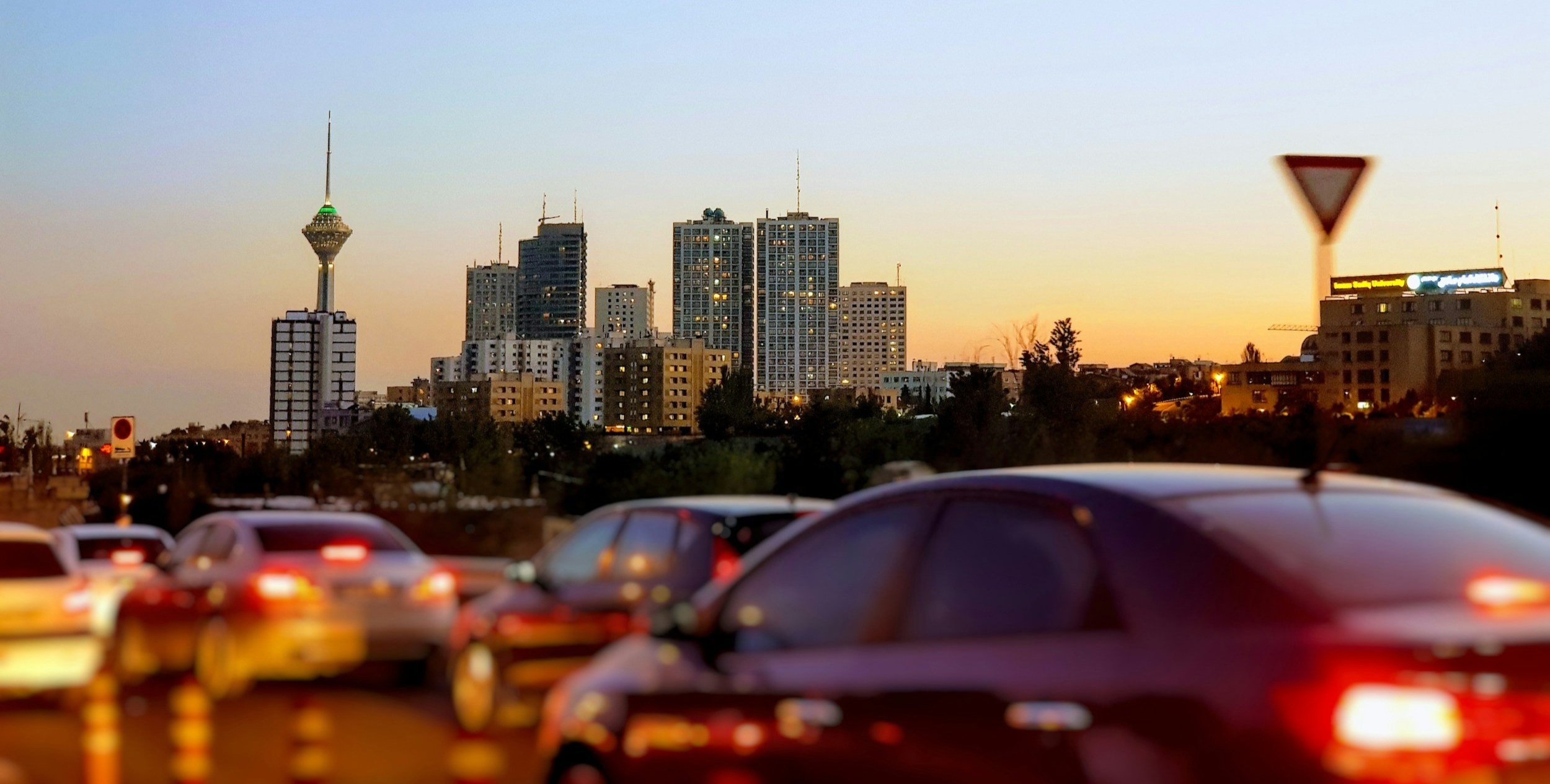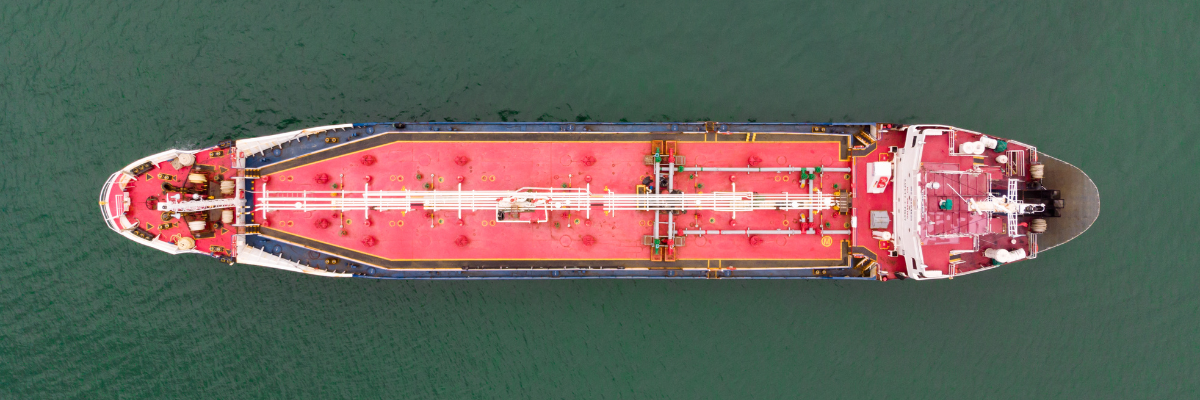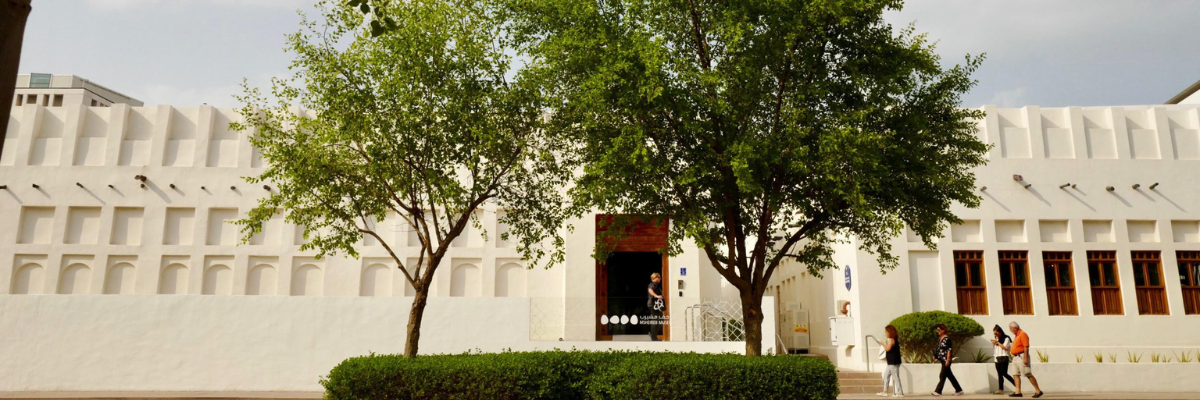The Bourse & Bazaar Foundation is a think tank committed to economic development, economic diplomacy, and economic justice in West Asia.
Our Initiatives
The Bourse & Bazaar Foundation works according to an “initiative” model. We identify areas where we believe our research, convening, and advocacy can make an impact, usually responding to gaps in the policy space. Each initiative comprises of a multi-year programme of activities and outputs and is underpinned by grant funding and institutional partnerships.
Integrated Futures Initiative
Latest Article
Rihla Initiative
Latest Article
Sanctions Relief Initiative
Latest Article
Vision Iran Initiative
Latest Article





